67. Menstruation Is Not Just a Women’s Issue. Here’s Why... w/ Danielle Keiser
As we wrap up Season 2, we delve into an imperative conversation surrounding menstrual health, gender equality, and social justice. This episode features Danielle Keiser, a passionate advocate and educator in menstrual health, who shares her journey and innovative ideas with podcast host Hetal Baman. Menstrual health often gets overshadowed by other topics in gender equality, yet understanding it can reshape societal perspectives profoundly. Danielle Keiser, a leading educator in the field, introduces us to her innovative approach – the development of a menstrual health app targeting men, aiming to broaden education and empathy. Highlighting how understanding menstruation can benefit everyone, Danielle argues it’s not just a women’s issue but a human one.
Danielle shares her journey into menstrual health advocacy wasn't born from personal menstrual struggles, but from an academic interest in politics and behavior change. Her initial disinterest in mainstream conversations about fashion and celebrity culture led her to explore more profound topics, including environmental justice and social activism.
Her path took a pivotal turn when she joined Wash United, an organization focused on water sanitation and hygiene, where she spearheaded the Global Menstrual Hygiene Day initiative. The advocacy involved promoting menstrual hygiene in developing countries, where western privileges like easy access to sanitary products aren’t the norm. This role opened her eyes to the broader impact menstruation has on gender equality.
With the realization that menstrual health is a cornerstone for gender equality, Danielle emphasizes the need to educate men and boys. She shares positive interactions at trade shows where she uses humor and direct engagement to educate men on the menstrual cycle, encouraging them to support and understand the women in their lives.
Her insights into how cultural norms influence perspectives offer a compelling argument for gender-inclusive menstrual education. Encouraged by the positive feedback from male interactions, Danielle is working on an app designed to educate men about the menstrual cycle, enabling them to become advocates and better understand the significance of menstrual health.
Menstrual health education extends beyond women and girls; it's about fathers, brothers, and partners understanding its impact. Hetal and Danielle discuss societal taboos and the disconnection many women feel when discussing menstruation with male family members, highlighting how inclusive education can bridge these gaps. Danielle's initiative aims to foster inclusive dialogues, enabling young girls to feel supported and understood. Danielle’s advocacy doesn't just end with education. Her collaboration with companies like Sparkle demonstrates her commitment to providing sustainable menstrual products that address global health needs. Sparkle’s mission to offer biodegradable period products reflects a broader movement toward sustainability and enhanced global health standards.
Danielle Keiser is a globally-recognized menstrual mover and shaker. Since 2013, she has worked tirelessly to advance menstrual health, first helping launch global Menstrual Hygiene Day (celebrated on the 28th of May) and then founding the Menstrual Health Hub (MH Hub), a global network she grew to 1000 orgs/ partners worldwide. A co-author of the official definition of menstrual health to guide research, policy and practice, Danielle has lead global collective impact initiatives with UNICEF and UNFPA. An entrepreneurial consultant, she has worked with Johnson & Johnson, Flo, Bayer, Essity, and The Body Shop and many others on a range of menstrual health innovation, education and research projects.
Danielle leads tours about the history of menstruation at the Museum for European Culture in Berlin, and is training to become a Women's Health Coach (specialized in menstrual cycle education and perimenopause preparation) She is currently developing a new gaming app designed to enhance men and dad's knowledge of menstrual health.





